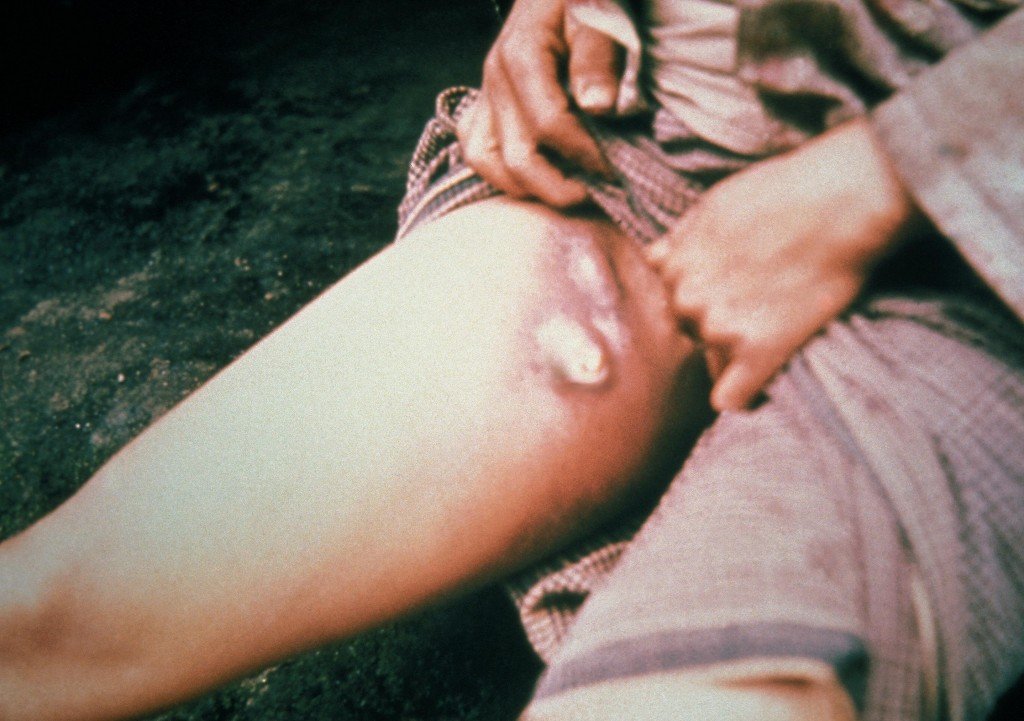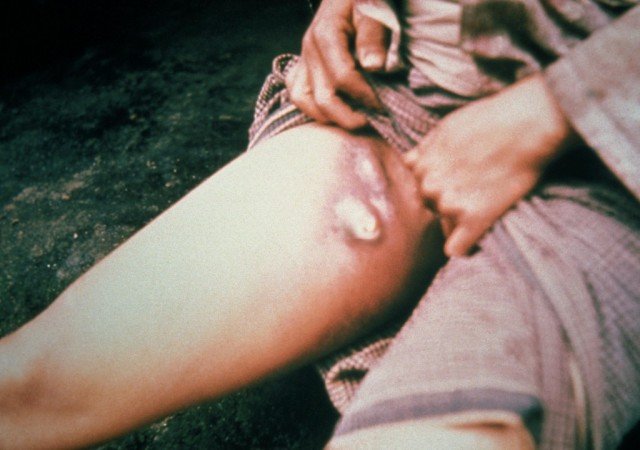
Bubonic plague, known as the Black Death when it killed an estimated 25 million people in Europe during the Middle Ages, is now rare.
It is a bacterial disease mainly affecting wild rodents that is spread by fleas. Humans bitten by infected fleas can then develop bubonic plague.
Once bacteria infect the lungs, human-to-human transmission of pneumonic plague can occur through coughing.

If diagnosed early, bubonic plague can be successfully treated with antibiotics, while pneumonic plague has a high mortality rate, the World Health Organization says.
The plague:
• Is one of the oldest identifiable diseases known to man
• Is spread from one rodent to another by fleas, and to humans either by the bite of infected fleas or when handling infected hosts
• Recent outbreaks have shown that plague may reappear in areas that have long been free of the disease
• Can be treated with antibiotics such as streptomycin and tetracycline
• Madagascar recently recorded 60 deaths from plague
Source: WHO